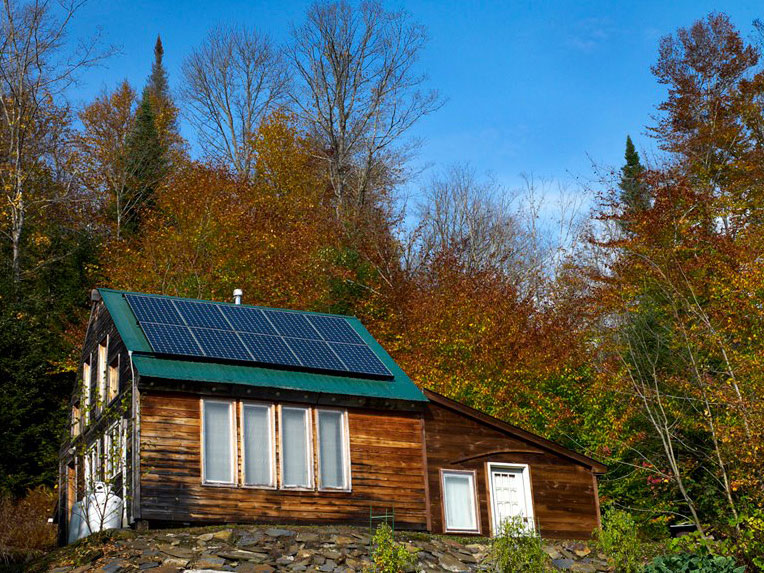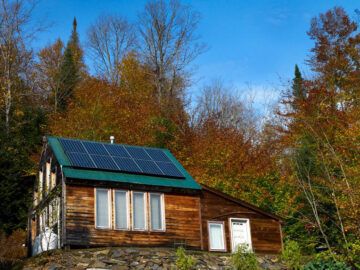An In-Depth Guide of an Off Grid Life

Living off grid offers a unique lifestyle that many dream about, but it’s essential to weigh the pros and cons before making the leap. As an avid outdoorsman, I’ve experienced the joys and challenges of off-grid living firsthand. Here’s an engaging look at the benefits and drawbacks, with top-ranking SEO keywords to help you navigate this life-altering decision.
Pros of Living Off the Land
Improved Self-Sufficiency
- Gain significant self-reliance by growing or hunting your own food and using renewable energy sources like solar or wind power.
- Total self-sufficiency becomes achievable, ensuring survival even if societal resources collapse.
A Eco-friendlier Lifestyle
- Reduce your carbon footprint through renewable energy and sustainable practices.
- Contribute to sustainability by investing in durable, long-lasting gear, thus reducing waste.
Generally, More Affordable
- Though there are higher initial costs, the long-term savings on food, utilities, and overall consumption can be substantial.
- You could potentially save hundreds of thousands over a lifetime by cutting out recurring expenses.
Closeness to Nature
- Living off the land means you can enjoy the outdoors year-round, turning nature into a source of food and relaxation.
- Nature becomes an integral part of your life, providing daily opportunities for physical and mental rejuvenation.
Cons of Living Off the Land
Occasional Loneliness
- Off-grid living can lead to long periods without human interaction, which might be challenging for some.
- Unless you’re in a communal off-grid environment, you must be prepared for solitude.
Initial Costs
- The high start-up expenses for construction, land acquisition, water systems, and power setups can be daunting.
- Investing in high-quality, durable supplies is essential to withstand the rigors of off-grid living.
Less Convenience
- Limited access to grocery stores, pharmacies, and professional services means you’ll need to manage many tasks on your own.
- You’ll have to handle construction, auto repairs, plumbing, and land management independently, which requires a broad skill set.
Questions to Ask Yourself Before Going Off-Grid
Before making the leap to off-grid living, it’s essential to consider several critical questions:
- Do I have the skills to grow or hunt my own food for the winter?
- Am I okay with occasionally eating food purely for sustenance, even if it doesn’t taste great?
- Can I handle long periods without meaningful human interaction?
- Do I have enough money for this lifestyle, including emergencies?
- Do I have the proper resources and plans for reliable food, shelter, and water?
- Do I have a plan for emergencies, including medical care?
- Can I handle basic first aid, and do I have the proper supplies?
- Can I dedicate the majority of my time to acquiring food, water, and shelter?
- Am I cool under pressure and happy to take extra time to solve problems?
Still Not Sure? Try Part-Time Homesteading
If you’re unsure about committing fully to off-grid living, consider transitioning gradually through part-time homesteading. This approach allows you to ease into the lifestyle while maintaining some societal responsibilities. It also provides a valuable opportunity to test your preparedness and make necessary adjustments before fully committing to an off-grid life.
Living off the grid offers a unique blend of challenges and rewards. By carefully considering the pros and cons and thoroughly preparing yourself, you can embark on a rewarding journey towards self-sufficiency, sustainability, and a closer connection with nature.

